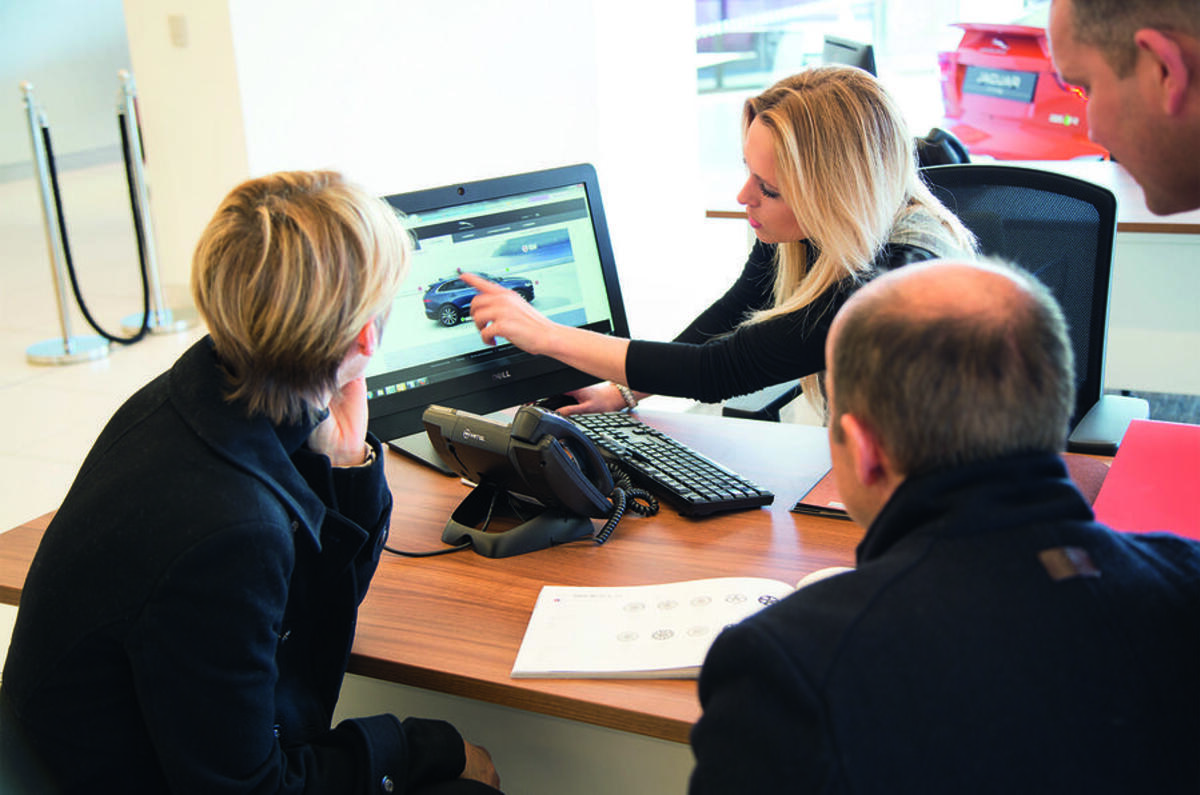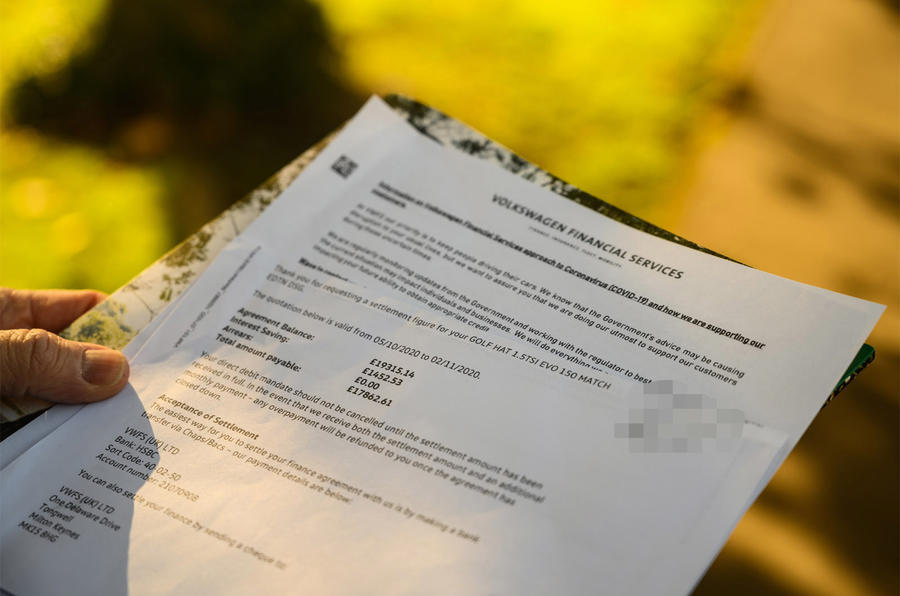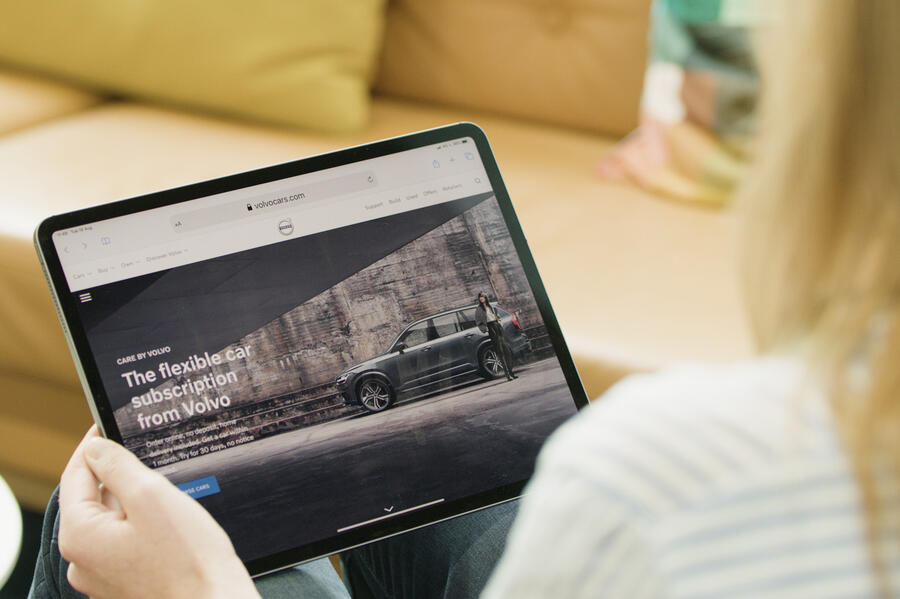It’s not breaking news that ever more private buyers are funding their new car purchase through some form of finance. But what may surprise you is that, according to the Finance & Leasing Association (FLA), a whopping 93.2% of private new cars sales were financed by its members in the 12 months to June 2021, with buyers taking advantage of the multitude of packages available across the market.
If you are likely to be one of them, then it’s vital to research the market first to make sure that, whichever product you choose to help put a new car on your drive, it is right-sized for the job. There’s no point in making a long-term financial commitment to buying a new car, for example, if you predict that your motoring needs may change in the next year, meaning an early – and potentially expensive – exit from a contract.
Flexible finance as a hedge against rapidly changing technology
Even if you are among the small minority of buyers who still prefer to pay for a new car with hard cash, it’s still worth considering the finance path. The technology underpinning today’s new cars – especially EVs - is changing more rapidly than at any other time in the past century, so having the flexibility to upgrade your car with minimal financial pain may be preferable to suffering steep depreciation on a car which, even after four years, could be hard to sell on.
Six of the best
What we have below are six alternatives to walking into a car dealership with a briefcase full of cash (which would probably not be accepted anyway). To provide some context, where appropriate, we’ve used one of our favourite SUVs, the Volvo XC40, in popular 1.5 T3 R-Design Auto spec as our example new car. You’d also need a chunky briefcase to carry its £34,430 on-the-road purchase price in cash.
As with Autocar’s road test data, we’ve also assumed that you typically travel 12,000 miles per year, have 10% of the list price to put down as a deposit, and are happy to fund the finance over three years.
Personal contract purchase (PCP)
With a PCP, you are essentially renting a car, with the option to purchase it outright at the end of the contract. You will normally be asked for a 10% deposit up front, followed by monthly payments over an agreed term (three years in our example, below).
What sets a PCP apart from other types of finance is the guaranteed minimum future value (GMFV), which is set by the lender. This keeps instalments relatively low, because you’re only paying for the difference between the car’s purchase price and its predicted value at the end of the contract (although you will still pay interest on the car’s full value).














Join the debate
Add your comment